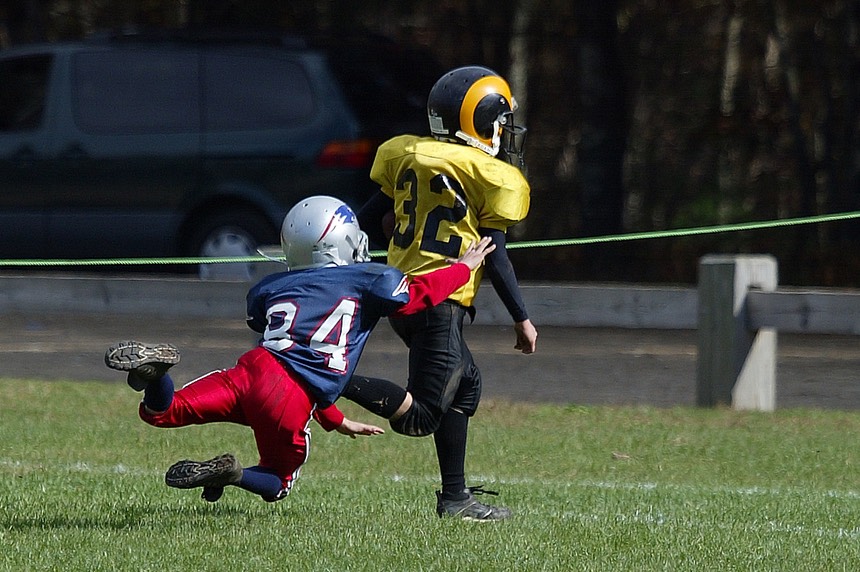
A reader sent this question: “What do you do when your child's teammates are being paid $5.00 by their parents every time they score? And what do you do when another mom tells your child she will pay him if he scores? We don’t believe in paying for a score. It’s just a game for pete sakes! Is there an article or anything that could be passed around the team to the parents? Or is this just a lesson we talk about with our kids -"Our family doesn't do that!" and let the other parents do it their own way?”
I wonder. What are the goals of the parents who pay a child for scoring? I consulted with a young dad who coaches a team. I must have hit a nerve because he came off-the-porch with energy about this topic! Here are some of his rapid-fire comments.
· I was a defense man and I never scored a goal in my life!
· What you are supposed to learn from playing is how to be a team member and
I learned a lot.
· How can you learn about teamwork if some teammates are getting paid? That
corrupts the game and takes the fun out of it.
· As a defense man you learn who to go after. If someone hogs the ball, the team may lose.
· He gets to score because the defense men have set up an opening. The kid who
is getting paid may not be learning good teamwork; he may only be learning to score.
· What do the parents want their kid to learn? That he’s not okay unless he is the star?
· Paying someone else’s kid? When parents of other kids interfere, the kids don’t have fun.

Teaching values
Before we pay a child for anything children are normally expected to do, we need to think about our values, what we are trying to teach, and what decision we want our children to be making.
If the parents are deliberately grooming their kid to believe that he has to be a star, maybe the pay-for-score is a good tactic. If they believe that money defines one’s self-worth, the payments may promote that attitude. If they are just trying to be good parent and let their son or daughter know they appreciate them, they may want to ask themselves questions about what they want their children to learn.
What attitude is the $5.00 kid going to take away from this experience? Will he decide that scoring defines his okayness, his self-image? That he is okay when he makes goals and not okay when he doesn’t? Will his attitude be that his team won the game or that he won the game? Will he think that winning is everything? If he scores and they still lose, how will he feel about that? If some players never score, does that mean the $5.00 boy is a better person? What does pay-for-score teach about teamwork?
Reward effort
In adult life success depends more upon sustained effort than on an occasional “score.” Rewarding effort means we say more than just “Good job!” We comment on specific behaviors. “I noticed that you stayed alert.”
“You seem to have a good idea of where you should be at all times”
“Your hustle was really good.”
My dad-coach said, “Tell them what they did well first, then tell them how to do something better. Don’t criticize. Kids are supposed to be playing for fun.”
Back to the reader’s question: “Is there an article that could be passed around to the parents…” Would that help? Could the coach make a no-pay rule? Do the parents look for another team? Or do they just encourage their child to learn about their family values and be strong in himself? They will have to decide.
There is more help about avoiding overindulgence in How Much is Too Much? Raising Likeable, Responsible, Respectful Children – From Toddlers To Teens – In An Age of Overindulgence (2014, DaCapo Press Lifelong Books).
All photos from MorgueFile free photo.


